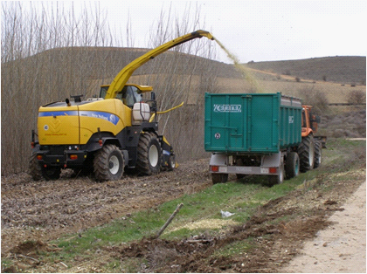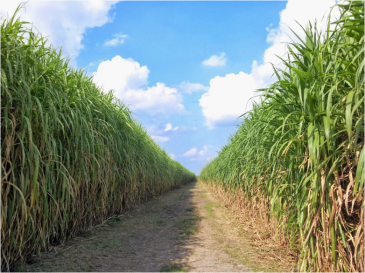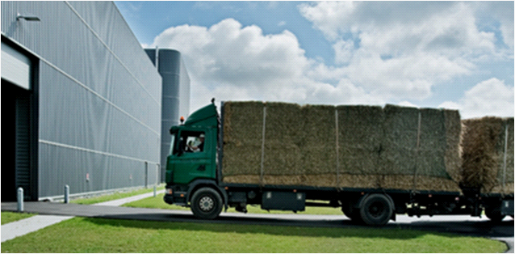Feedstock Solutions & Design
Bioenergy Crops Ltd provides specialized agronomy guidelines on biomass crops for feedstock solutions and project designs.
Our expertise allows us to span our management capacities along different areas.
Whether it is a lignocellulosic or herbaceous species, a warm (C4) or cool (C3)
season grass for producing bioproducts or bioenergy,
we will find a customized solution for your business with the highest standards.



Feasibility Studies (Full and Pre-feasibility)
On a known or “to-identify” area, these studies are usually required for the design or optimization of a biomass supply chain. Whether medium or large scale, many topics are addressed at deep-level, enabling you to decide to start a new project or add to an existing one. The preparation timeframe may take a few months depending on the country’s location, context, and regulations, among many others.
Rapid appraisals
Different from feasibility studies, rapid appraisals will cover similar topics but on high-level analysis. This innovative approach will allow you to learn quickly about a certain area, whether a new or an existing project. It is best suited when analyzing several projects within a short time. It will help you to choose those with more potential for success. Within a few days, you should be able to take quick decisions, saving a lot of time before deciding whether to keep investing in a project.
Ongoing businesses usually require control or addressing the specific status of activities, performance, yields, etc. Having trustful third-party support will allow you to decide the most efficient way to allocate capital to a new or existing business.
Some topics addressed by our studies involve the following
- Genetic selection and access to adequate and best-performing varieties of bioenergy crops
- Biomass quality optimization from the field to the plant
- Harvest optimization to reduce logistic costs
- Logistic insight and cross-recommendations
- Cost analysis, economic models, and scenarios
- Logistic chain studies and optimization for biofuel, electricity, and heat production
- Biomass supply generation
- An economic evaluation of the biomass supply
- Agroforestry, crops, and mixed schemes with wastes (residues and dedicated crops patterns)
- Fertilization solutions
- Densification (pellets, briquettes, torrefaction)
- Pellet certifications for biomass trading


